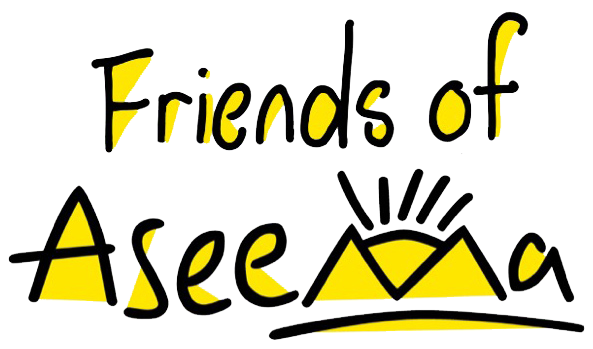Finding New Frontiers – Tribal Education
Transforming a Whole Community
In 2018, Aseema completed a multi-year project whose success once seemed unimaginable. In researching possibilities for a residential facility outside of Mumbai, Aseema’s Chairperson Dilbur Parakh traveled to Igatpuri, a town northeast of Mumbai. Igatpuri is surrounded by remote tribal villages.
In India, tribal people are the original inhabitants, much like the Native Americans in the United States. Their condition is generally worse and even more marginalized than other disadvantaged Indians.
When Dilbur saw the searing needs of the tribal communities surrounding Igatpuri, Aseema undertook to raise funds and ultimately build a beautiful new school, Aseema Bal Shaikshanik Kendra (ABSK), for the children there. Construction remained underway in the face of challenges from weather, terrain, and lack of water and electricity. Even today, finding water, potable or otherwise, is a daily struggle of epic proportion for tribal villagers.
The school currently provides high quality, holistic, value-based education to approximately 500 students from the neighboring villages. The first four took their state board examination, the SSC, in 2019, and in each year, every single student has passed the exam. Those students are now studying further or pursuing careers of their choice. The alumni are pursuing arts and commerce or are enrolled in vocational courses such as motor mechanics or electrical career training. One of the girls who has successfully completed her studies is now training to become a police officer. ABSK students routinely excel at various extracurricular activities, and two of them have even qualified for the national-level rugby competition.
Teachers are drawn from the Igatpuri community to facilitate local employment, and they undergo intensive teacher training from Aseema.
Because of the extraordinary poverty, Aseema provides two meals per day at the tribal school. Whenever possible, Aseema hires its ABSK staff from the community it serves. Local tribal women learned to operate kitchen equipment to prepare food for hundreds of children at a time and now work as cooks at the school. Aseema has built check dams around the waterways that serve the villages and has put other measures in place to increase water conservation and harvesting. This has allowed planting to increase the food supply.
Overall, less than 2% of India’s tribal population completes higher education. In fact, Aseema has helped begin a training program called the New Work Centre for local women to learn sewing and embroidery, and more and more fruit grows there now to ease hunger.
ABSK shows how a lot of heart, effort, and donor support can transform the lives of not only children but a whole community.
If you want to learn more, you can go here.

